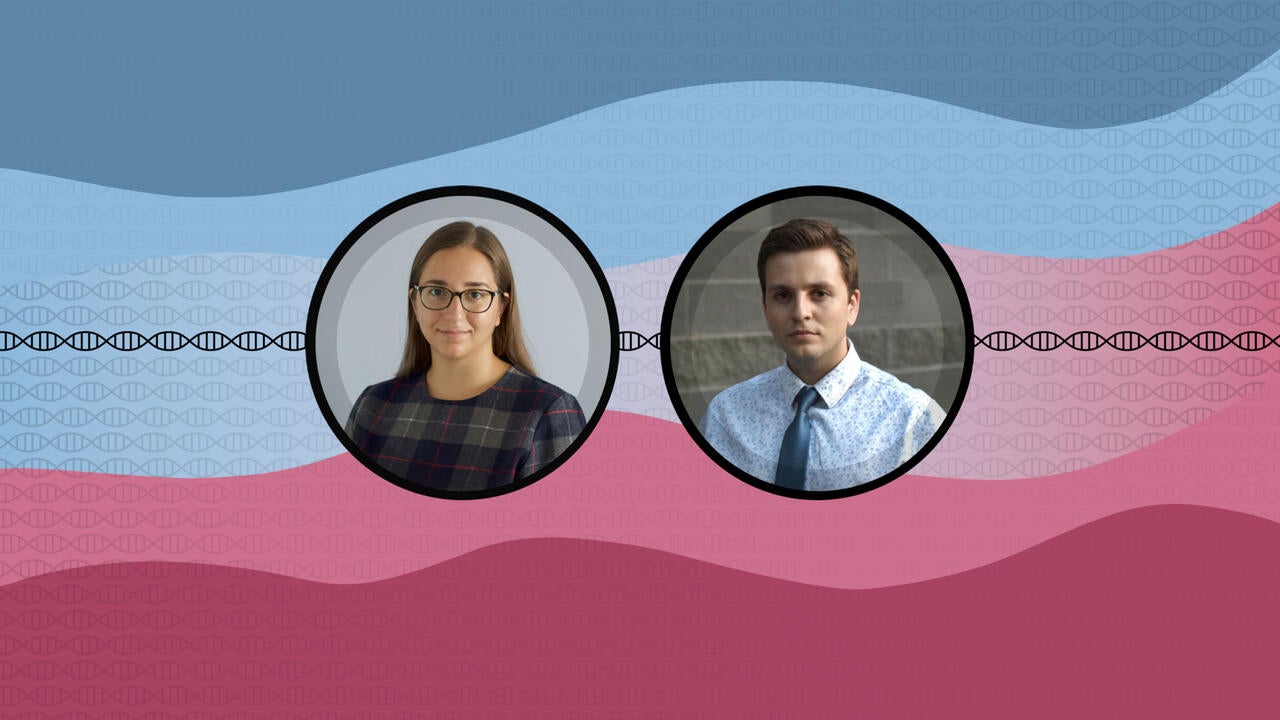
A virtual run for hope
Siblings Anetta (BSc ’19) and Alex Ille (BSc ’15) share how they aspire to advance biomedical research in the fight against childhood cancer and other life-threatening diseases

Siblings Anetta (BSc ’19) and Alex Ille (BSc ’15) share how they aspire to advance biomedical research in the fight against childhood cancer and other life-threatening diseases
By Anetta and Alex Ille AlumniToday, Anetta Ille (BSc ’19) and Alex Ille (BSc ’15) both serve on the board of directors of STEM Biomedical, a non-profit dedicated to the advancement of biomedical research. As children, they faced a life-threatening disease. Read on to see how this experience inspired their careers, and their latest efforts to help today’s childhood cancer patients.
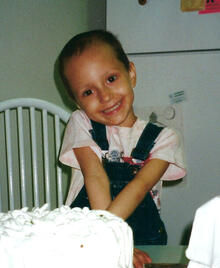 In 2000, at the young age of three, I was diagnosed with acute lymphoblastic leukemia, a type of cancer affecting the bone marrow and white blood cells. At the time, I didn’t understand what that meant, just that I was “sick.” Little did I know that a long and agonizing battle stood ahead of me. I underwent two years of chemotherapy and by age five I went into remission. Fast-forward to 2015 and I was a first-year student, studying biomedical science at Waterloo—a period of my life I will always treasure for the friends I made, the life-lessons I learned and the education I received.
In 2000, at the young age of three, I was diagnosed with acute lymphoblastic leukemia, a type of cancer affecting the bone marrow and white blood cells. At the time, I didn’t understand what that meant, just that I was “sick.” Little did I know that a long and agonizing battle stood ahead of me. I underwent two years of chemotherapy and by age five I went into remission. Fast-forward to 2015 and I was a first-year student, studying biomedical science at Waterloo—a period of my life I will always treasure for the friends I made, the life-lessons I learned and the education I received.
I’m now a first-year medical student at Iuliu Hatieganu University of Medicine in Romania. Looking back, I consider myself very fortunate to be where I am today. My parents, who fought alongside me, are even more grateful. Unfortunately, not every child and not every parent gets to say they made it through childhood cancer. This is something no one should be comfortable with. This is something I want to help change.
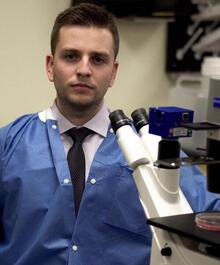 Although I was an oblivious child at the time, Anetta’s battle with cancer is something I will never forget. I’m thankful this is now a distant memory. Like my sister, I also attended Waterloo, where I was immersed in wide variety of biomedical science courses. I learned a great deal about the complexity of the human body, all the way down to the structures and functions of molecules essential for life. Unavoidably, I also learned about the multitude of diseases to which we are all vulnerable. Many of these diseases are difficult to treat, and others are altogether incurable.
Although I was an oblivious child at the time, Anetta’s battle with cancer is something I will never forget. I’m thankful this is now a distant memory. Like my sister, I also attended Waterloo, where I was immersed in wide variety of biomedical science courses. I learned a great deal about the complexity of the human body, all the way down to the structures and functions of molecules essential for life. Unavoidably, I also learned about the multitude of diseases to which we are all vulnerable. Many of these diseases are difficult to treat, and others are altogether incurable.
The amount of human suffering associated with life-threatening diseases bothered me deeply. With all that I had learned, I realized that there is still a lot of work that needs to be done so we can combat these diseases. This motivated me to start STEM Biomedical. To extend on my knowledge of the biomedical sciences, I’m completing my doctorate at Rutgers University in New Jersey. I am hopeful that through continued research we can make the discoveries needed in the ongoing search for cures.
This year Anetta and Alex organized the Run for Hope, a virtual run to raise funds for childhood cancer and biomedical research. The virtual format of the run is meant to encourage social distancing so that participants can run safely. Proceeds from the run will be shared equally between Childhood Cancer Canada and STEM Biomedical. Anyone wishing to join the run or to donate can do so at www.stembiomedical.org/runforhope.
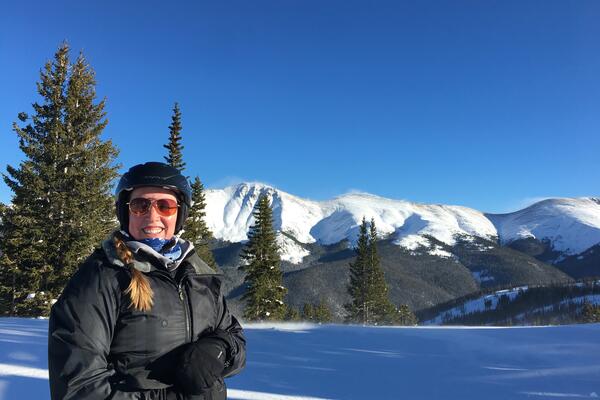
Read more
New evidence-based classification rules expand access and improve fairness for Para Cross Country and Para Alpine skiers
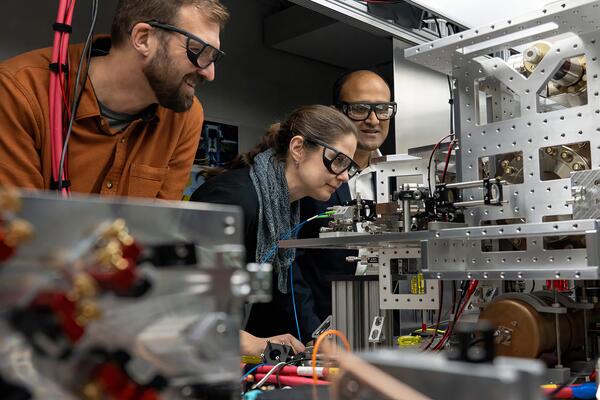
Read more
And a new model for how quantum research is shared — opening doors for the next generation of scientists and entrepreneurs

Read more
Here are the people and events behind some of this year’s most compelling Waterloo stories
The University of Waterloo acknowledges that much of our work takes place on the traditional territory of the Neutral, Anishinaabeg, and Haudenosaunee peoples. Our main campus is situated on the Haldimand Tract, the land granted to the Six Nations that includes six miles on each side of the Grand River. Our active work toward reconciliation takes place across our campuses through research, learning, teaching, and community building, and is co-ordinated within the Office of Indigenous Relations.